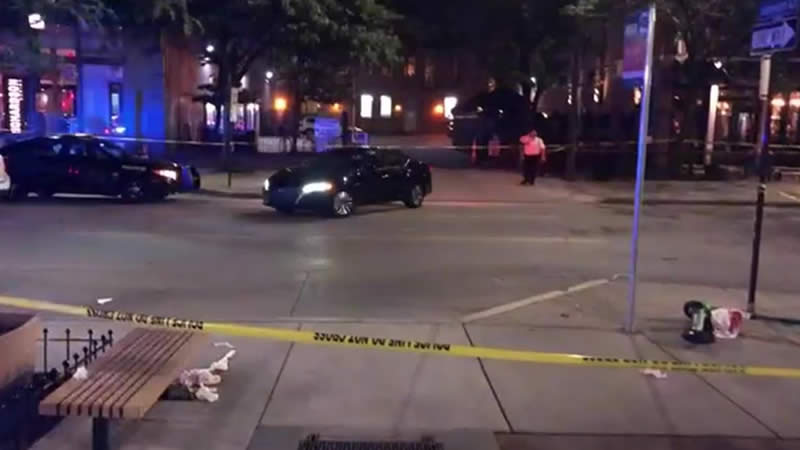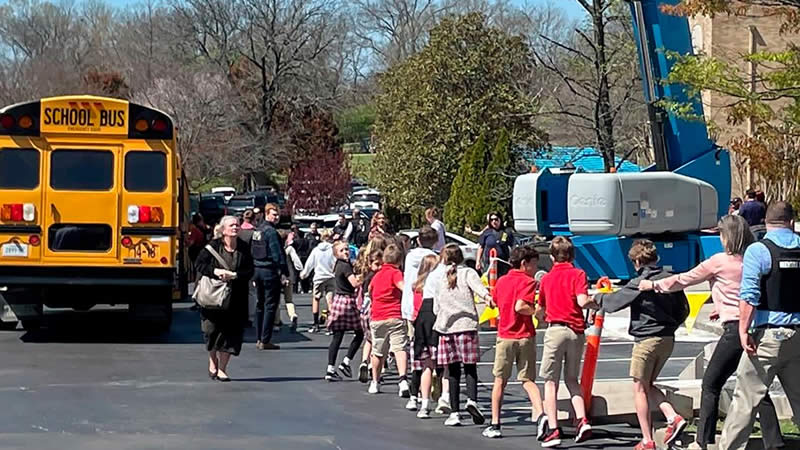The United States has witnessed an unrelenting wave of bloodshed, resulting in the deadliest six months of mass killings recorded since at least 2006. From January 1 to June 30, the nation experienced 28 mass killings, with all but one involving firearms. Week after week, the death toll rose, perpetuating a cycle of violence and anguish.
This grim milestone has left many grappling with the shocking reality. Brent Leatherwood, a prominent Republican whose children were present during a tragic school shooting in Nashville, expressed his disbelief, stating, “What a ghastly milestone. You never think your family would be a part of a statistic like that.”
Mass killings are defined as incidents where four or more individuals, excluding the assailant, are slain within a 24-hour period. A database maintained by the Associated Press and USA Today in collaboration with Northeastern University tracks these large-scale acts of violence dating back to 2006.
The record-breaking figure of 28 mass killings in the first half of 2023 surpasses the previous record set in the second half of 2022, which stood at 27. Criminology professor James Alan Fox of Northeastern University, who oversees the database, described this statistic as staggering, surpassing previous expectations of two to three dozen such incidents per year.

While the chaos of the first half of the year does not guarantee a similarly turbulent remainder, experts speculate on the causes behind this surge in violence. A growing population coupled with an increased number of firearms in the United States is seen as a contributing factor. However, it’s important to note that mass killings, though alarming, represent a small fraction of overall gun violence in the country.
The devastating impact of these incidents often triggers calls for gun law reforms, although progress in this regard has been inconsistent. In Tennessee, Governor Bill Lee, a Republican, has advocated for legislation to prevent firearms from reaching individuals who pose a risk to themselves or others, commonly referred to as “red flag laws.” However, passing such measures faces significant challenges in a state with a Republican-led legislature.
Brent Leatherwood, now the head of the influential Southern Baptist Convention’s public policy arm, wrote a letter to lawmakers urging them to support the governor’s proposal. Having experienced the trauma of a school shooting firsthand, he is determined to prevent other families from enduring similar tragedies.
While the unprecedented carnage has sparked debates about gun control, including regulations on AR-15-style rifles, the National Rifle Association (NRA) remains staunchly opposed to such measures. The NRA argues that restricting firearms will not enhance safety and will only empower criminals.
Individuals affected by past mass shootings, such as Tito Anchondo, who lost his brother in the 2019 El Paso shooting, express concerns about the ongoing bloodshed and the insufficient actions taken to address the issue. Anchondo worries about the safety of his young nephew, who will eventually attend school alongside peers who may carry guns.
As the nation grapples with these alarming statistics, the hope remains that significant changes will be implemented to halt the downward spiral and ensure the safety of future generations.

